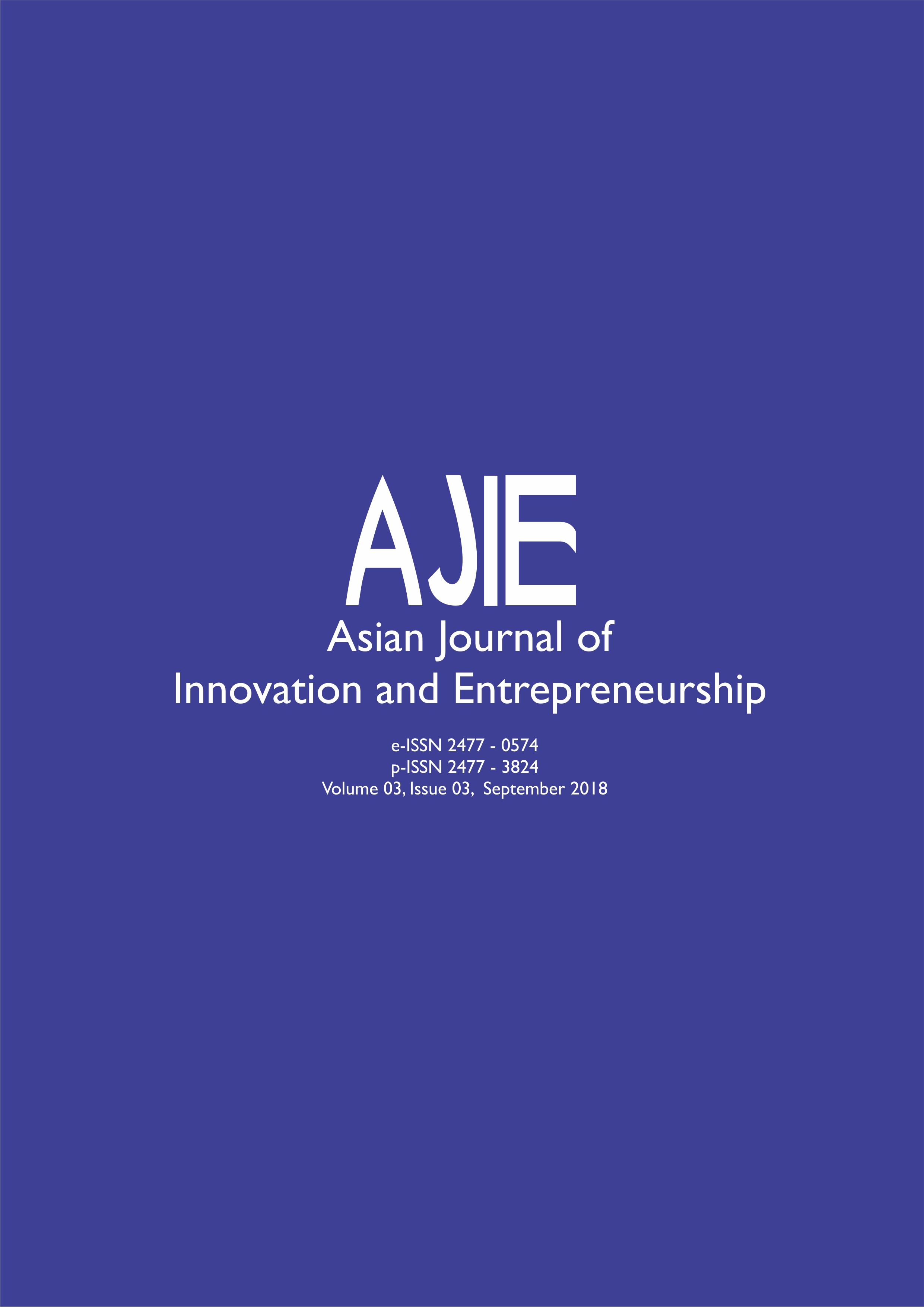Main Article Content
Abstract
Telecommunication providers are internet service providers. The purpose of the research was carried out to increase the growth and even distribution of telecommunication network infrastructure development which could further reach and improve access to information for the Indonesian people more broadly. This research method uses a quantitative approach, a type of quantitative descriptive research with the nature of research that is explanatory. The population in this study were people in the city of Medan who came from the District of Medan - Petisah. Sampling used in this study using the Slovin formula so that the number of samples used in this study was 100 people. Sampling uses a non-probability sampling approach. The type of sampling chosen is accidental sampling with a type of qualified volunteer sample. Research data analysis method is descriptive statistical analysis and multiple regression analysis. The results obtained in this study are that discount prices, service competitiveness and service quality as a moderating variable simultaneously have a positive and significant effect in increasing customer loyalty in the community in Medan City but on service competitiveness variables have a negative value and no significant effect in improving customer loyalty. Moderation variables are proven to be able to influence discount prices, service competitiveness in increasing customer loyalty in the community in the city of Medan, with a coefficient of determination of 15%
Keywords
Article Details
Authors who publish with this journal agree to the following terms:
- Authors retain copyright and grant the journal right of first publication with the work simultaneously licensed under a Creative Commons Attribution License that allows others to share the work with an acknowledgement of the work's authorship and initial publication in this journal.
- Authors are able to enter into separate, additional contractual arrangements for the non-exclusive distribution of the journal's published version of the work (e.g., post it to an institutional repository or publish it in a book), with an acknowledgement of its initial publication in this journal.
- Authors are permitted and encouraged to post their work online (e.g., in institutional repositories or on their website) prior to and during the submission process, as it can lead to productive exchanges, as well as earlier and greater citation of published work (See The Effect of Open Access).
PLAGIARISM CHECK
All manuscripts submitted to AJIE will be checked free of plagiarism elements. Manuscripts that do not meet the requirements will be returned to the author for further correction or will be rejected immediately.
The plagiarism check used by AJIE is Turnitin.
